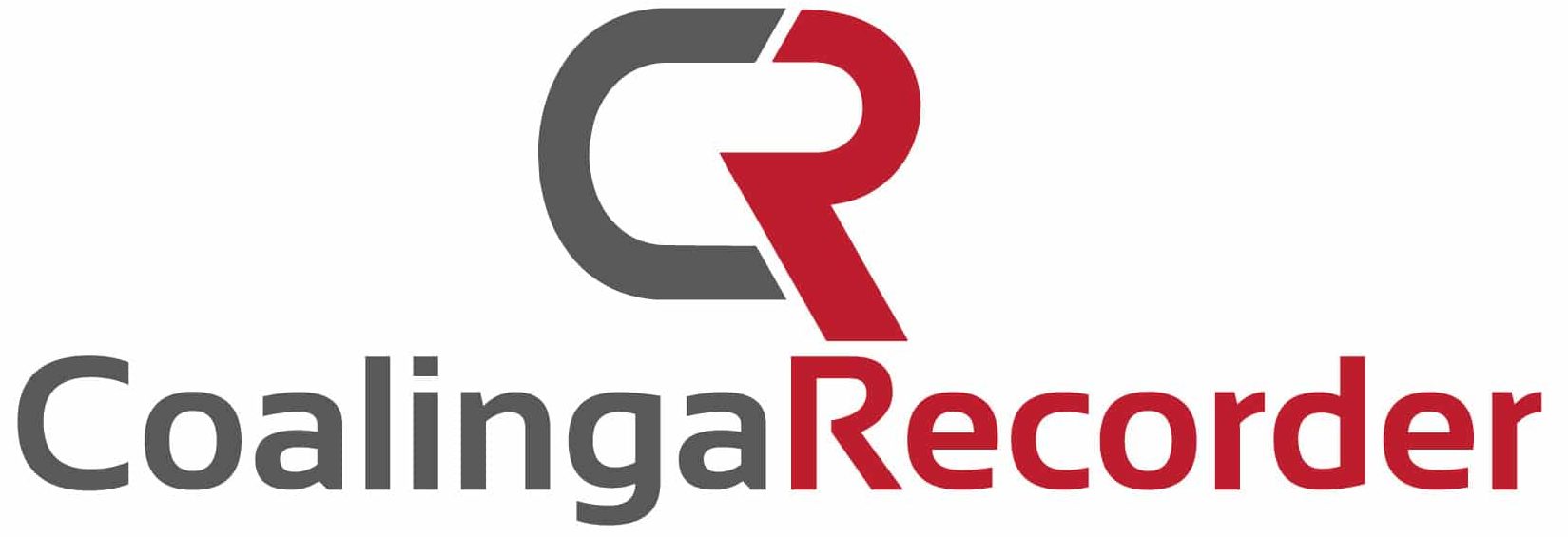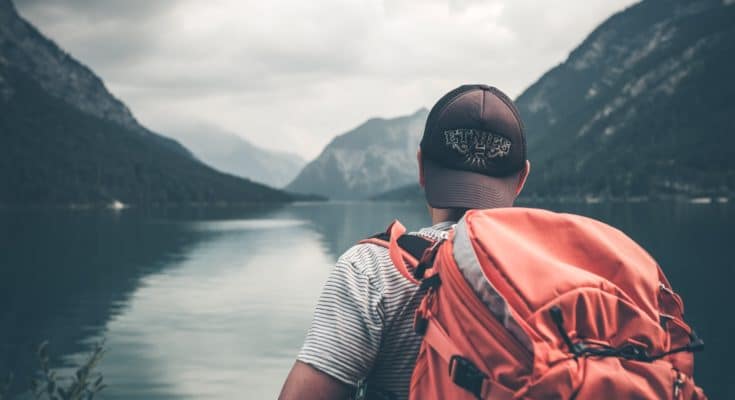The COVID-19 pandemic has been a difficult one for industrial sectors around the world. The arrival of the pandemic has had a lasting impact that travel experts believe will impact the travel industry for decades. The slow initial rollout of vaccines in the U.S. and throughout the world led to a major decline in the industry. Marc Zboch points to statistics from US Travel that show a 42-percent decline in tourism spending from 2019 to 2020. In response to the pandemic, airlines and travel companies enacted a range of options from disinfecting aircraft to the impact of remote working on hotel stays.
Work and Vacation Combinations
Despite the arrival of several vaccines, the COVID era continues in the travel industry. By the first week of May, the Americas remain down by 77 percent on tourism numbers in the year to date, according to the UNWTO. Remote working has been one of the biggest changes to life in the COVID-era, with the workcation becoming a popular option for employees. The workcation is here to stay, with workers taking a vacation and continuing to complete their regular workday from a luxury location.
Cleaner Planes
The cleanliness of planes had become a joke for regular travelers who regularly posted images of dirty areas of planes. Airline seat trays have regularly been described as the dirtiest places on any aircraft, with COVID-19 changing the hygiene practices of most airlines. The need to disinfect aircraft between flights has brought a change to the way planes are seen by travelers. The ongoing concern over the pandemic means airlines will have to continue their new procedures regarding airline cleanliness moving forward in the future. The inclusion of HEPA filters as part of the air filtration system helps to remove contaminants from the air during flights.
Business Travel Falls Sharply
The travel industry will have to reposition itself in response to the decline in business travel following the arrival of COVID-19. The number of business travelers has fallen sharply in 2020 and 2021 as video meetings become the norm for conducting business. The lack of business travelers in the air and on the roads will continue as companies identify video meetings as the way forward. For leisure travelers, lower numbers of businesspeople will mean a higher chance of upgrading to higher class levels.
Zero Tolerane Policies
What has become apparent to Marc Zboch as he travels the world is an increase in the abuse received by flight crews. An increase in political and social tensions in the U.S., coupled with the unhappiness with face coverings mandates has led to more onboard confrontations. Mask mandates are set to remain in place for international travelers for the foreseeable future, leading to more issues between passengers and cabin crews. Airlines have been contacting their members to inform them of the introduction of zero-tolerance policies for those displaying abusive or aggressive behaviors. Concerns have been growing among cabin crews over the aggression aimed at them, with these policies continuing after the COVID-19 pandemic fades to a memory.
The travel industry is a single aspect of a wider set of problems seen in the modern world following COVID-19. The world has changed by the pandemic and will continue to see social and business changes as life returns to normal. Several medical experts have stated face coverings will become seasonal requirements following their success in tackling the spread of the pandemic in the U.S. and around the world.




